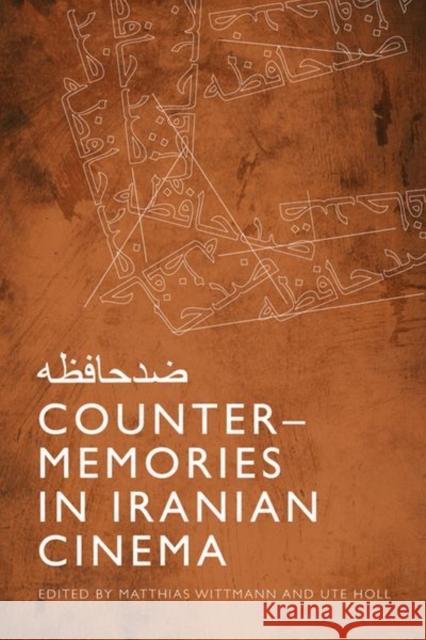Counter-Memories in Iranian Cinema » książka
topmenu
Counter-Memories in Iranian Cinema
ISBN-13: 9781474479752 / Angielski / Twarda / 2021 / 272 str.
Counter-Memories in Iranian Cinema
ISBN-13: 9781474479752 / Angielski / Twarda / 2021 / 272 str.
cena 488,78
(netto: 465,50 VAT: 5%)
Najniższa cena z 30 dni: 428,18
(netto: 465,50 VAT: 5%)
Najniższa cena z 30 dni: 428,18
Termin realizacji zamówienia:
ok. 22 dni roboczych.
ok. 22 dni roboczych.
Darmowa dostawa!
Kategorie:
Kategorie BISAC:
Wydawca:
Edinburgh University Press
Język:
Angielski
ISBN-13:
9781474479752
Rok wydania:
2021
Ilość stron:
272
Waga:
0.55 kg
Wymiary:
23.39 x 15.6 x 1.6
Oprawa:
Twarda
Wolumenów:
01











